
Twitter's Advertiser Exodus Could Cost The Company $75 Million
If advertisers continue to pause their spending on Twitter/X, the company might lose up to
2023-11-26 01:19
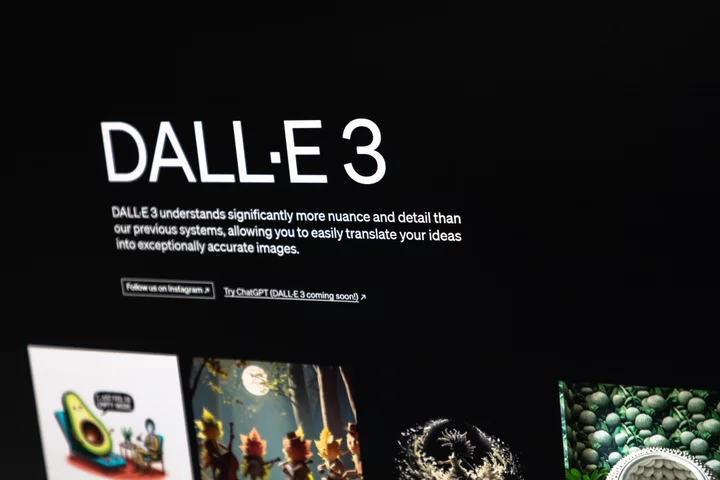
OpenAI's DALL-E 3 is now live for ChatGPT Plus and Enterprise users
DALL-E 3, the latest version of OpenAI's AI image generator, is now live for premium
2023-10-20 04:17
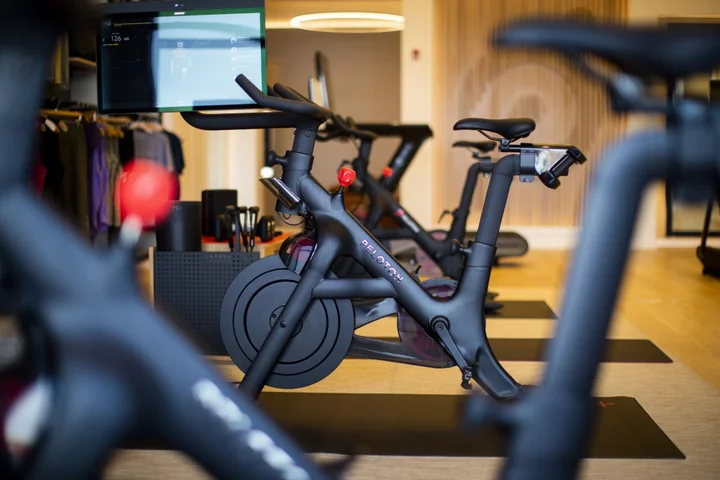
Peloton Cut to Underperform at Bank of America on Fading User Engagement
Peloton Interactive Inc. picked up another sell-equivalent rating on Thursday as Bank of America Corp. downgraded the fitness
2023-10-20 04:51
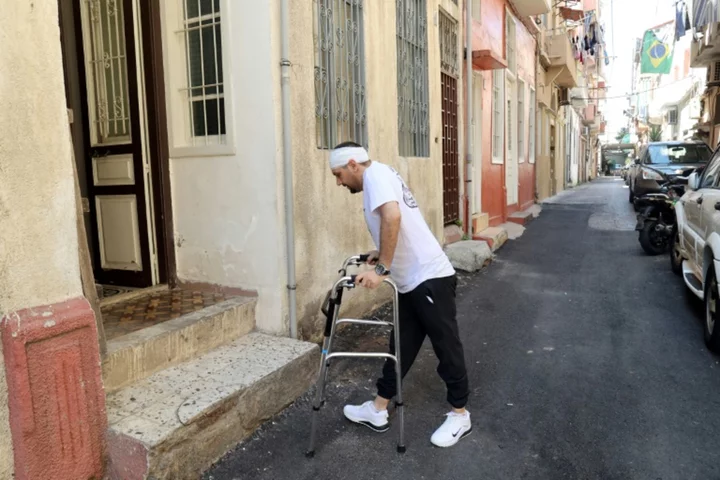
Disabled survivors of Beirut port blast long for support, justice
Dany Salameh was already ill but a blast that devastated Beirut's port three years ago aggravated his condition, leaving him dependent on a walker...
2023-08-02 11:59

How to Build a Compact Gaming PC With Serious RGB for Well Under $1,500
Building your own gaming PC—whether it's your first or your tenth—is an exciting venture. For
2023-08-04 21:29

Update New or Used Gear With Windows 11 Pro, now under $23
Gifting a loved one a new or refurbished laptop or computer is both practical and
2023-11-30 00:54

16 Of The Best Sex Toys In PinkCherry’s Sale Section — Starting At $10!
When it comes to really great sex toys at an even better price, we'd be fools not to point you straight toward PinkCherry. The popular sexual wellness retailer prides itself on low, low prices on all the goodies stocked within its virtual shelves: from luxury high-tech vibrators to TikTok-viral sensations, lingerie, lubricants, and more — all from brands you already know and love.
2023-09-27 23:24

10 Tiny Facts About Yorkshire Terriers
Learn more about the energetic breed and its history.
2023-05-10 01:29
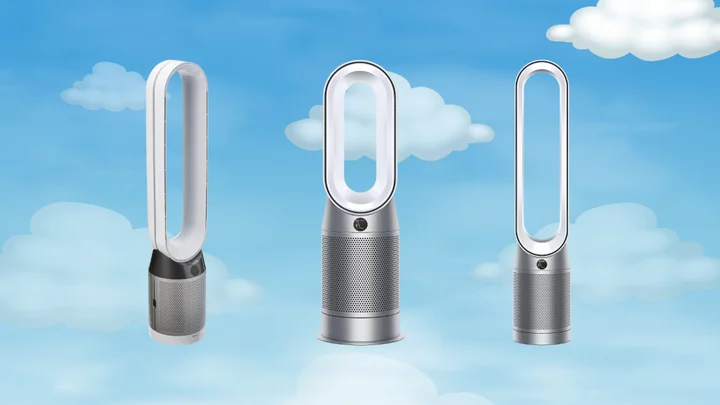
Breathe easy with up to 23% off Dyson air purifiers ahead of Labor Day
Our top picks Best overall Dyson air purifier deal Dyson Purifier Cool TP07 $499 at
2023-08-31 01:19

LTK Creator Guided Shopping App Launches Dedicated Destination for Deals to Shop Creators’ Top Sale Finds
DALLAS--(BUSINESS WIRE)--Jul 6, 2023--
2023-07-06 22:25

The FTC is investigating OpenAI for potential consumer harms
The Federal Trade Commission (FTC) is exploring the possibility of penalizing OpenAI for potential deceptive
2023-07-14 02:47
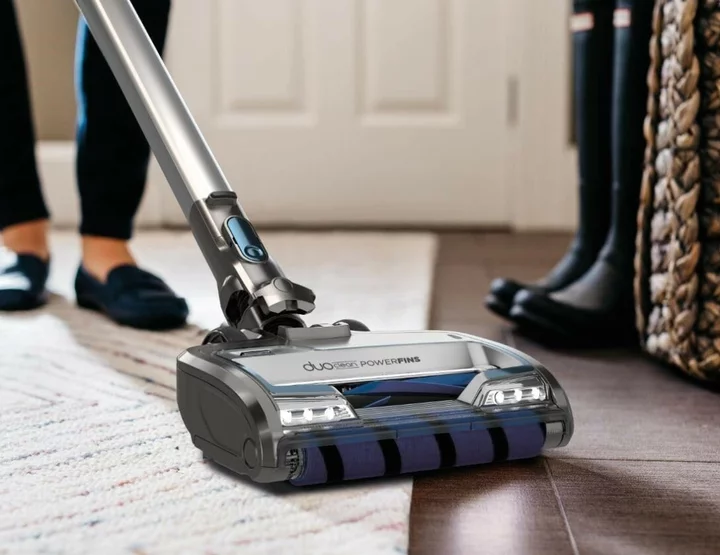
Amazon shoppers can take $150 off this Shark stick vacuum
SAVE $150: The Shark Vertex stick vacuum is on sale for $279.99 today at Amazon.
2023-10-17 01:58
You Might Like...
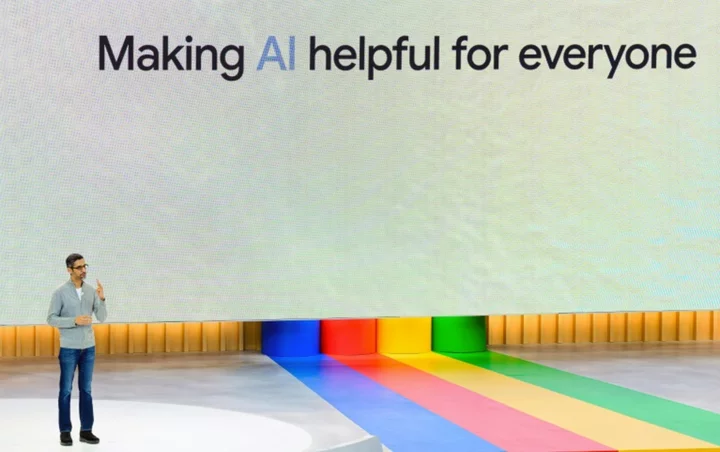
Online search to make up lost time with AI

Florida law targeting drag shows can't be enforced for now, appellate court says

How to watch Australia vs. South Africa in the ICC Cricket World Cup for free

Microsoft OneNote Review
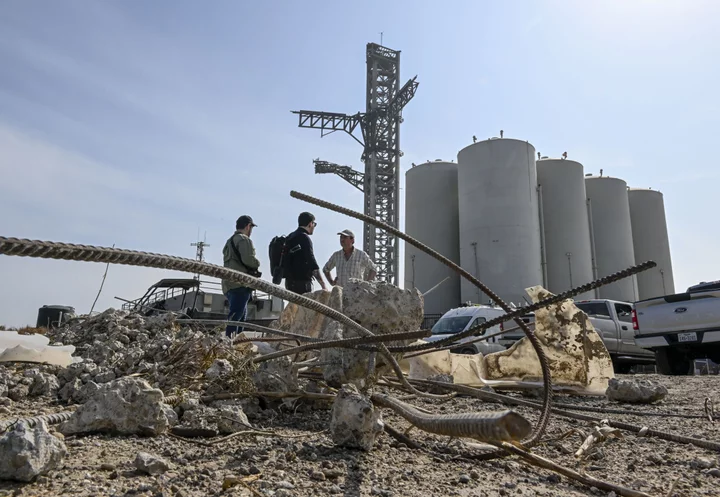
Wildlife officials say SpaceX launch left behind significant damage
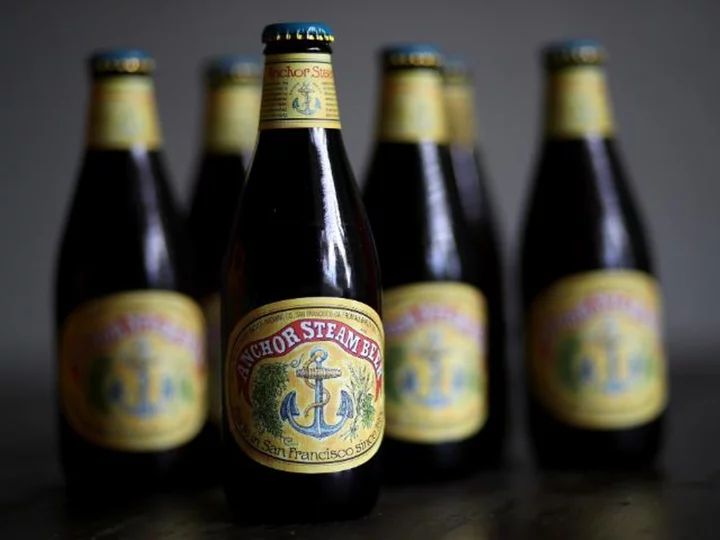
The oldest craft brewery in the United States is shutting down after 127 years

88 UK deaths linked to Canada 'poison seller'

Carnival Shares Tumble as ‘Solid’ Results Fail to Impress Investors
